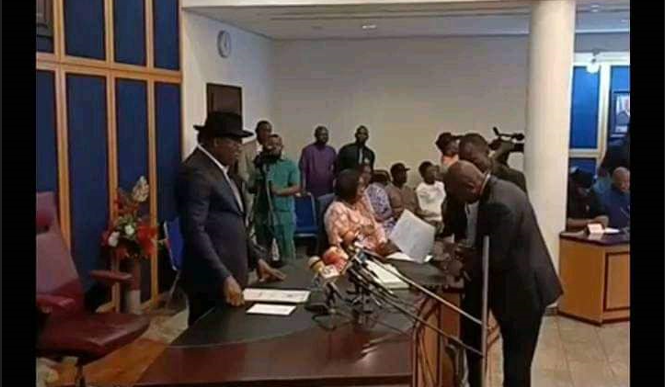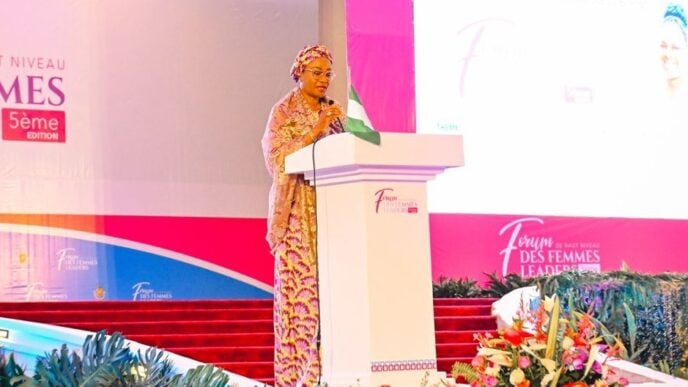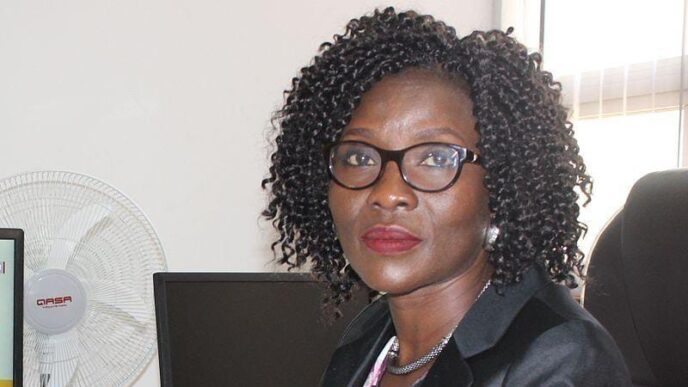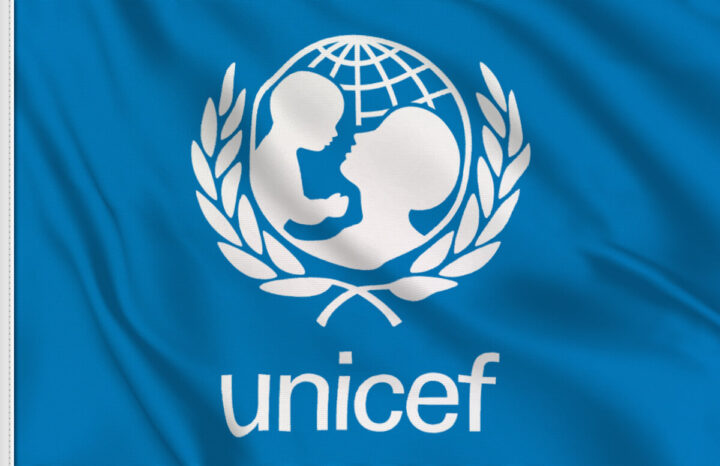The National Malaria Elimination Program (NMEP) says the use of monotherapy for malaria treatment remains prohibited in the country.
Wudi Natasha Tanko, NMEP programme officer, spoke on Thursday during a media chat in Abuja.
Monotherapy is a therapeutic approach that uses a single treatment or drug to treat a disease or condition.
In 2017, the federal government placed a ban on chloroquine and artemisinin monotherapy.
Advertisement
Tanko said the use of monotherapies results in incomplete cure, increased disease severity and development of drug resistance.
“Monotherapies are not recommended for treatment of uncomplicated malaria and cannot cure. Chloroquine and SP are failed drugs with 39% and 56% efficacy respectively,” Tanko said.
“Artesunate and artemether injection have very short half lives. They attack malaria parasites fast but do not sustain in the body to mop up residual parasites. Use of monotherapies for uncomplicated malaria is abuse.”
Advertisement
She said artemisinin-based combination therapies (ACTs) consisting of an artemisinin derivative and another schizonticidal antimalarial medicine are the recommended treatments for uncomplicated malaria.
She also warned that malaria cannot be diagnosed based on clinical (signs and symptoms) assessment alone as diagnosis requires testing confirmation of a clinical suspicion.
“Case management intervention through prompt diagnosis and treatment with recommended antimalarial is pivotal for reduction of malaria burden,” Tanko said.
Advertisement
Add a comment











